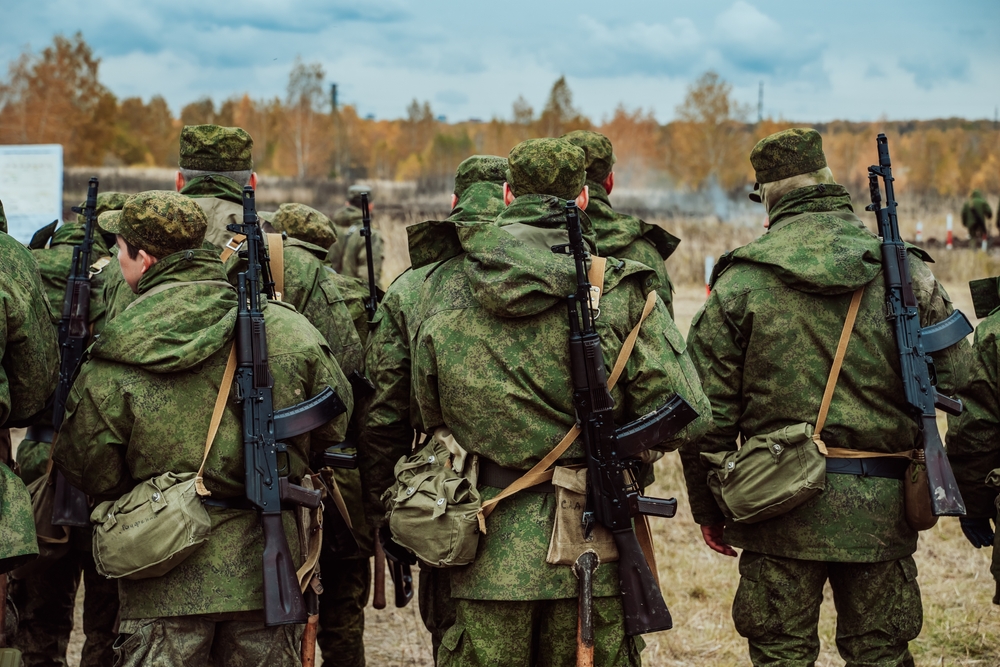Lithuania has begun constructing a massive military base to host thousands of German troops.
Others are reading now
On August 19, Lithuania began constructing a new military base that will house up to 4,000 German troops.
According to United24 News, this is the first permanent foreign deployment of German forces since World War II.
The base is expected to be completed by the end of 2027.
Lithuania’s Chief of Defence, Raimundas Vaiksnoras, announced that the country will invest over 1 billion euros ($1.10 billion) in the base over the next three years. He described it as one of the largest construction projects in Lithuania’s history.
Also read
Vaiksnoras emphasized that having the German brigade stationed there will reassure Lithuania’s people and act as a deterrent against Russian aggression.
The base is located in Rudninkai, near the capital Vilnius, and only 20 km from Belarus.
It will include housing for 4,000 troops, storage and maintenance facilities for tanks and other military equipment, and shooting ranges. Around 1,000 German military and civilian contractors will be stationed at various sites across Lithuania.
So far, only about 20% of the buildings planned for the base in Rudninkai have been contracted for construction. Lithuanian Defence Minister Laurynas Kasciunas assured that contracts for the remaining work would be signed by the end of the year.
Meanwhile, the German government has requested parliamentary approval for 2.93 billion euros to buy 105 Leopard 2 A8 tanks, some of which are intended for the new Lithuanian base, according to a draft budget seen by Reuters in June.
In response to growing security concerns, Lithuania has increased its defense spending to 3% of its GDP this year. Prime Minister Ingrida Simonyte’s government has also raised taxes to fund defense projects like the new base.
“If we are not secure, there is no security for them,” Simonyte said, referring to Germany.
Germany pledged to station troops in Lithuania, a NATO and European Union member that borders Russia, last year. German Defence Minister Boris Pistorius compared this deployment to the Cold War when allied forces were stationed in West Germany to defend against potential Soviet attacks.


